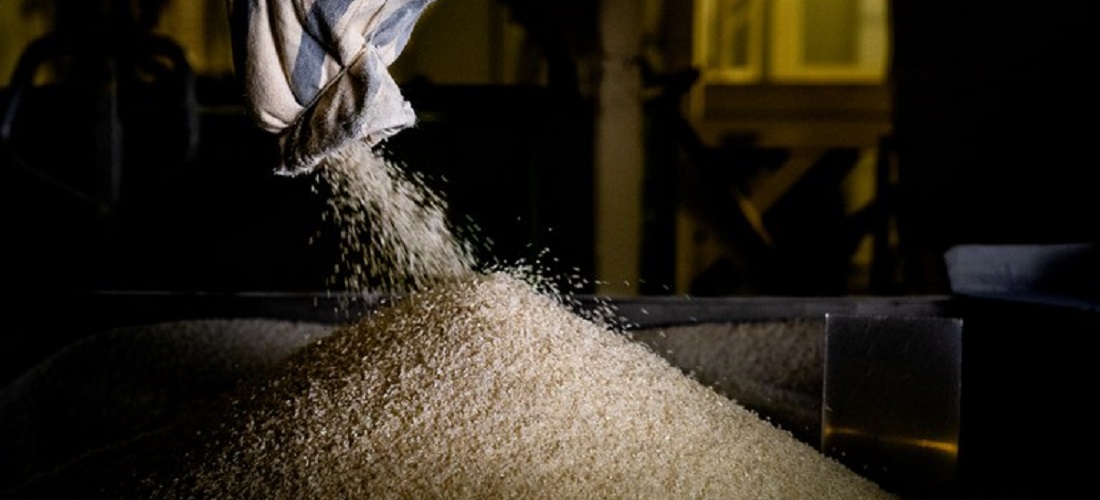
Increased rice supply and decreased demand may lead producers to sell to feed industries
Jul, 21, 2021 Posted by Ruth HollardWeek 202129
The rice farmers in Rio Grande do Sul have just ended the fourth-largest harvest in history, above 8.5 million tons, fueled by record yields. But this year there is not the same momentum of domestic and export consumption as there was in 2020 when prices were already strong by the end of the harvest (April/May), and better offers were still coming.
Rice inflation will not be repeated in 2021 and producers are looking at the prospect of selling part of their production to feed industries. In fact, the movement of other grains continues, with the mixers testing alternatives to substitute corn, such as the always-scarce national wheat.
See the DataLiner chart below showing Brazilian rice exports since 2019:
Brazilian Rice Exports (HS 1006) | Jan 2019 to May 2021 | WTMT
Graph source: DataLiner (click here to request a demo)
Analyst Vlamir Brandalizze has heard this from producers in the largest Brazilian rice-growing state. Feed industries are paying up to R$80 a bag. The processing industries for human food are not even reaching R$ 77. Besides, most offer the lowest nominal rate of R$ 70.
“Companies are not able to raise prices at supermarkets”, says Brandalizze, who sees the price limit in the R$ 18 package, although there are many promotions below this price.
There may be greater fluidity on the shelves at the end of July, with lower stocks, and this scenario could be the waiting period for rice farmers in Rio Grande do Sul to wait for their traditional customers to raise their offers above those of the animal feed industries.
Source: Money Times
To read the full original article, visit the link:
-
Meat
Mar, 21, 2023
0
Surrounded by avian influenza, Brazil ups poultry exports
-
Meat
Feb, 03, 2020
0
China reports bird flu outbreak
-
Economy
Mar, 04, 2022
0
Brazil’s GDP grew 4.6%, overcame pandemic losses
-
Other Logistics
Feb, 19, 2021
0
Paraguay and Brazil approve specifications for Bioceanic Corridor bridge

